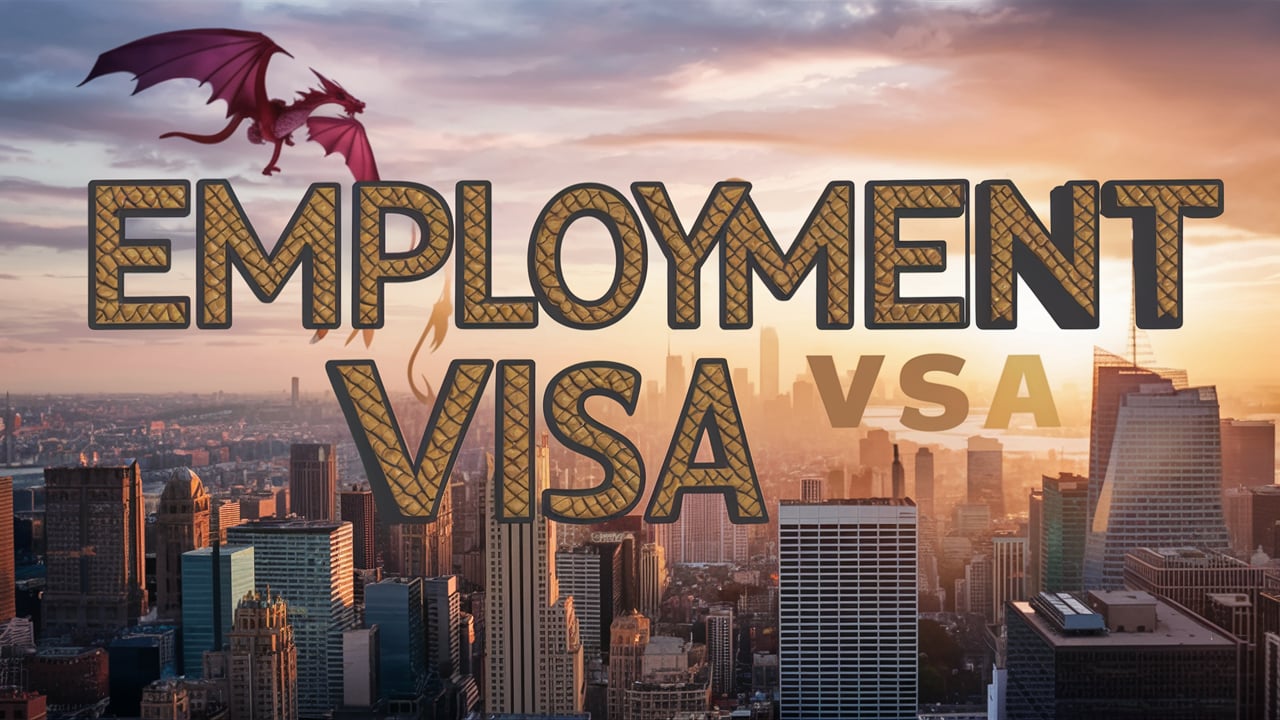
An employment visa, also known as a work visa, allows individuals to work in a foreign country. The specific requirements and application processes vary by country, but generally, the following points apply to most employment visas:
Types of Employment Visas
General Requirement:
Application Process
Important Consideration
Tips for a Successful Application
Each country has its own specific requirements and processes for employment visas, so it’s important to check the official immigration website of the destination country for detailed and up-to-date information
Countries We Cover:
→ UAE, Quatar, Saudi Arab, Malaysia, Iran, Bahrain, Kuwait, Israel, etc.
Required Document:
Schengen Countries:
→ Germany, Netherlands, Luxembourg, Spain, Portugal, Sweden, Denmark, Croatia, etc.
Required Document:
We are leading Human Resource consultancy based in Dubai, UAE. Specializing in talent acquisition and visa services, we are dedicated to empowering businesses with skilled professionals while simplifying visa processes.